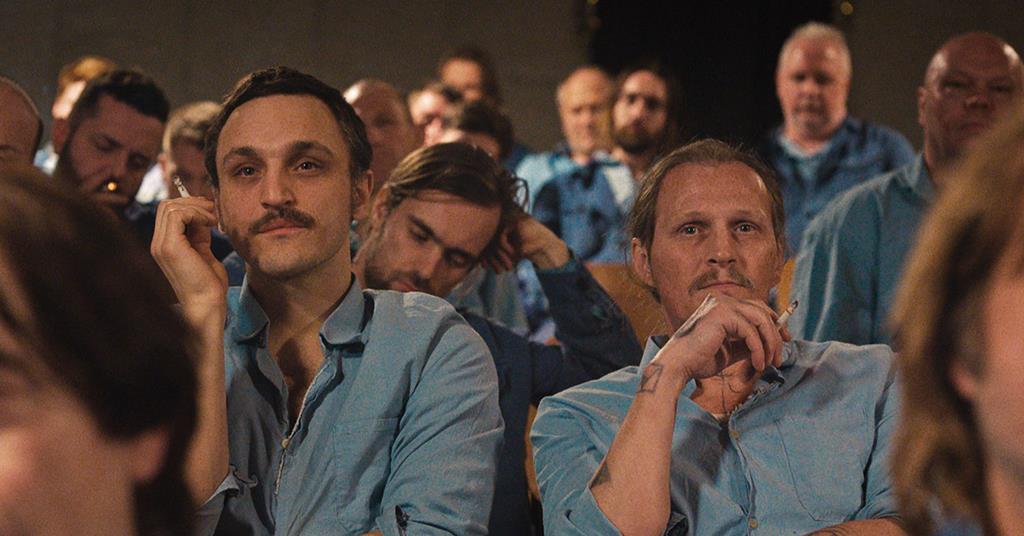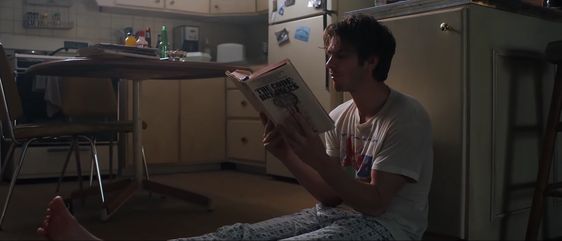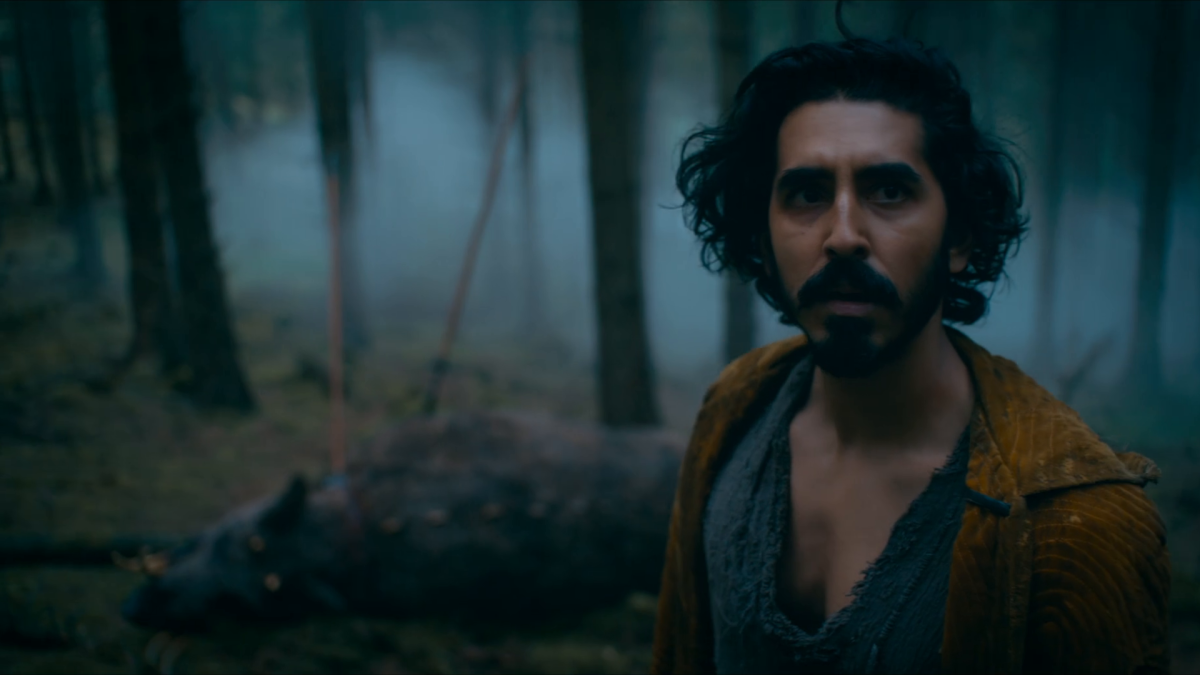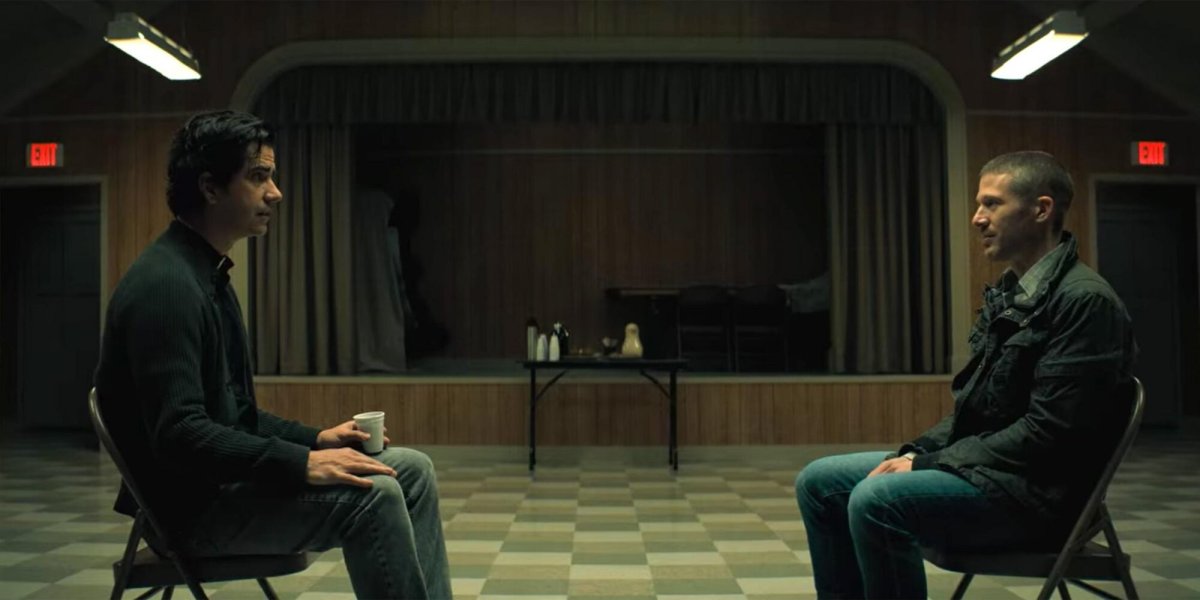[A short retrospective of the Scream movies, major spoilers included.]
Scream is my favourite horror franchise. In my opinion, there hasn’t been a dud – a truly bad instalment – throughout the entire series. It’s a franchise that’s perfectly catered toward people like me, movie nerds and die hard horror fans. With someone as entrenched in the genre as Wes Craven at the helm, until his death in 2015, it’s no wonder that these movies are able to appeal to horror fans while providing meta commentary on the genre.
In the first movie, as has been well noted by now, the commentary is aimed squarely at the stagnation of the genre as a whole. The over-abundance of slasher flicks with predictable plots, cheesecake nudity, shallow characters and hoaky effects had led audiences to grow bored with the offerings of the time. Scream injected some life into the entire genre and hit the slasher sub-genre like lightning. There’s no gratuitous nudity, the killer isn’t an invincible killing machine and gets their ass handed to them throughout the movie, the whole cast of characters are likeable and engaging, and all the references and criticisms of other genre classics is done with a clear respect and love for them. It was the right movie at the right time and changed the genre for the better.
The commentary is admittedly lacking in the sequel, sure there’s the few Randy scenes where they discuss sequels and have delight film nerd banter, but that’s about it. A very meta commentary light entry that mostly re-treads old ground in a college setting.
However, the third movie, and what was at the time the ending of a trilogy, delivers on what the previous film was lacking. There’s obviously commentary on trilogies, Hollywood in general, and they also very lightly touch on true crime and movies ‘based on a true story’. Things come full circle, the past returns to haunt the characters, issues are resolved, and the characters face their fears. All that along with being set on a movie set where they’re turning the events of the first movie into a movie, Sidney’s room fully recreated, make it a home-run.
Eleven years later Wes Craven returned with Scream 4. The opening is incredible, the references are delicious, and the mystery of the killer’s identity is actually well set up with great misdirection. While this movie contains some truly egregious misunderstandings of how live streaming and internet video works, I feel it still holds up on the meta commentary front. Sidney’s cousin Jill is jealous of the ‘fame’ that her trauma has brought her, thus the movie is commenting on how survivors are often accused of coming forward for attention, fame and money (when in reality these things are never forthcoming for the traumatised), and how those that cling to horrific events – those who were never really affected – will inflate their involvement and suffering for personal gain.
The re-sequel, our first Scream film after the death of Wes Craven, sees the legacy characters passing the baton onto the new cast. Of course we have to address the fatherly hallucination in the room, it is incredibly goofy that Sam has visions of a father she never met, but it is a well defined horror trope for the descendants of horror villains to have to reckon with the age old battle of nature versus nurture and Sam is never under suspicion of being the killer from the perspective of the audience thus subverting the trope. As a re-sequel, we retread the ground of the original with an update on the references and commentary as the genre has evolved and changed in the twenty six years since the first film. There’s also some commentary on how bad actors with fatal intentions are able to find each other and organise over the internet. All in all making this a strong entry in the series.
Ghostface takes a bite of the ‘Big Apple’ in the sixth entry into the franchise, as the second instalment in the series without Wes and with our new cast of characters, we reflect and refract the original sequels with thrilling results. The meta commentary is biting and enjoyable. The targets in this movie being the previous films, fanaticism, legacy again, and how victims/survivors are treated in the current cultural climate by again using the internet’s influence on society and pop culture to great effect. Gale does what everyone has been screaming (heh) for the characters to do throughout the entire series and *69’s the killer. And while I’ve seen criticisms of the characters commenting that ‘anyone can die’ while the returning cast all survive, the same thing also occurs in the third film, so charitably speaking it’s a callback but also who cares anyway I want to see these characters again.
And there’s so much more besides the meta commentary that makes the series so compelling. Scream subverts the genre in more ways than just flipping and avoiding the obvious cliches, for one, in other horror franchises the killer/villain is the character that returns most often. In Nightmare On Elm Street, Nancy returns twice with the actor playing herself in New Nightmare returning for a third time, but Freddie’s in all seven movies. Laurie Strode is in just over half of the Halloween movies, where Michael Myers is only missing from one film in the series. Leatherface is always Leatherface, but can you remember any returning characters from the Texas series? And what about the Friday the 13th movies?
That’s where Scream differs.
Scream stands out by having a cast of victims, survivors and heroes who are all likeable compelling characters that return and return and you want them to. Where most other series and franchises only have the killer for the audience to get attached to, to root for, in Scream we’re all rooting for Sidney Prescott to kick another idiot who thought they could get the drop on her down a flight of stairs and shoot them in the head. Where it took forty years for Laurie Strode to get character development, where you’re always rooting for Freddy to torment the next teens, where every damn character in the Friday the 13th series is poorly written and entirely forgettable, the cast of Scream stands out. Because with every new instalment I’m excited to see how Sidney will kick ass this time, I want to learn how Dewy and Gale broke up before the movie started and watch them come back together again, I wanna watch Tara and Sam’s bond grow, I want to see how Sam’s visions of Billy develop and affect her character, I want to see the tension in Sam between protecting her sister and the psychological poison of her dead father’s actions. I’m rooting for them, I’m never rooting for the killer.
Ghostface, as an icon, as a symbol, is also interesting in their own right. There’s this strange element in all of the movies regarding Ghostface, since the identity of the killer is always a mystery until the final act, the words and actions of Ghostface have to be uniform and never point in the direction of any character. So you find yourself in this weird place with the series where Ghostface has a consistent personality throughout all the movies regardless of who it ends up being behind the mask when the killer’s identity is revealed or what their motive is. Ghostface is always a goofy horror fan who only manages to kill people by getting lucky, they’re a total bumble king eating shit as they crash through every piece of furniture, they’re a major nerd, petty as hell, and always manage to under-estimate Sidney and Sam. It doesn’t matter who you were before you put the costume on, as soon as that mask’s covering your face you’re compelled to ask “what’s your favourite scary movie?”
In this era of ‘elevated horror’ movies marketed in a way that makes it sound like horror is a dirty word, a genre that should be ashamed of itself, that are desperately trying to distance themselves from the rest of the genre. A cast of films that seriously tackle heavy topics with the weight they deserve, but often are also a little self-serious, are becoming predictable and tiresome with their oversaturation in the genre. Well I think it’s nice to have a series that isn’t just not ashamed to be a horror movie but proud of it, a franchise that’s having fun and playing with the genre. Long live Scream!









